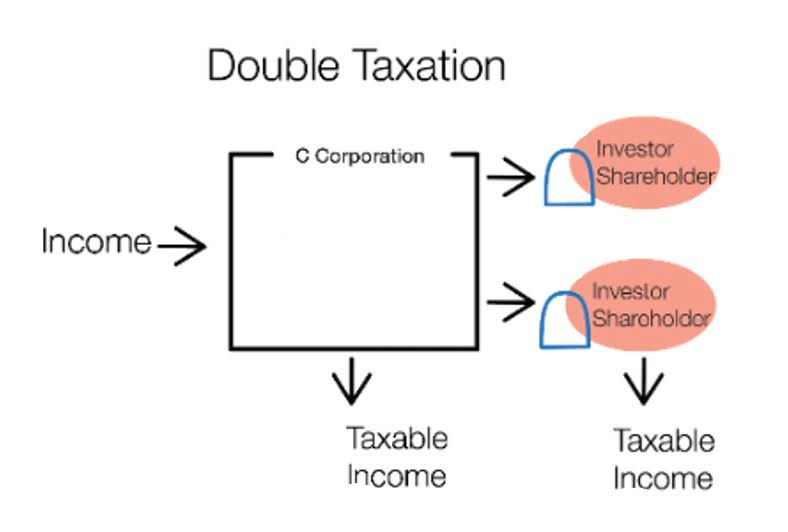
Each scenario demands recognition on balance sheets and income statements under accrual accounting rules—offering a comprehensive snapshot of fiscal health beyond mere cash flow. Master the fundamentals of financial accounting with our Accounting for Financial Analysts Course. This comprehensive program offers over 16 hours of expert-led video tutorials, guiding you through the preparation and analysis of income statements, balance sheets, and cash flow statements. Gain hands-on experience with Excel-based financial modeling, real-world case studies, and downloadable templates.

Accounting for Accrued Revenue
So, in these examples, accruals and deferrals allow the companies to recognize revenues and expenses in the periods they are earned or incurred, not just when cash is received or paid. This aligns with the accrual basis of accounting, which aims to match revenues with the expenses incurred in earning them, providing a more accurate picture of a company’s financial health. To fully grasp the significance of accruals and deferrals in financial Liability Accounts reporting, you must appreciate their role in aligning revenue and expense recognition with the actual economic activity. This allows for better decision making as it provides a more realistic representation of a company’s financial health. Accruals are adjustments made to recognize revenue or expenses that have been earned or incurred but have not yet been recorded.
Difference Between Accruals and Deferrals
For instance, prepaid expenses are recognized in the period when the benefits are received, as opposed to when payment is made. For example, if a customer pays in December for services to be provided in January, the company would record the payment in December as a liability called deferred revenue or unearned revenue. The revenue would then be recognized in January when the services are actually provided. Make sure you avoid these common mistakes that could lead to inaccurate financial statements and misleading information for decision-making.

What are Deferrals?
Accrual shows all activity affecting economic status—giving readers of financial reports a full scene of monetary movement within an enterprise. Barbara is a financial writer for Tipalti and other successful B2B businesses, including SaaS and financial companies. She is a former CFO for fast-growing tech companies with Deloitte audit experience.
Tax Compliance
During each accounting period, you would recognize the payment as a current asset and debit the account as an expense. Companies track money they earn and spend through revenue and expense recognition. With accrual basis accounting, businesses difference between accrual and deferral record income when they earn it and expenses when they occur.
What is the difference between accruals and deferrals?
This simplicity can be advantageous for small businesses with straightforward financial transactions. Once the product or service is provided, you should record an adjustment as a debit to deferred revenue and a credit to revenue for the payment amount. Using these strategies regularly helps someone looking at a balance sheet comprehend an organization’s financial health during the accounting period. It also assists business owners and managers in measuring and analyzing activities as well as understanding financial commitments and revenues. The receipt of payment has no bearing on when revenue is received using this method.

If using the cash basis of accounting, all expenses are recorded when money changes hands, not when the expense is incurred, so there are no deferred or accrued expenses for which to account. For example, imagine you’re a consultant who completes a project for a client in December but doesn’t receive payment until January. Without accrual accounting, this revenue wouldn’t be recognized in the correct period, leading to distorted financial statements. Accruals ensure that revenue is recorded when it’s earned, regardless of when cash is received. Imagine the excitement of recognizing revenue through accruals, allowing you to truly feel the financial success of your business. Accruals play a vital role in accurately reflecting your company’s financial health by matching revenues with expenses in the same accounting period.
Revenue Accrual Journal Entry
This means that companies following IFRS may recognize revenue or expenses differently compared to those following GAAP. In our previous discussion, we explored the impact of accruals and deferrals on financial statements. Now, let’s delve adjusting entries into the importance of accurate timing when it comes to these accounting practices.
- Accrued income is an important concept for businesses working on long-term projects.
- In accounting, it’s easy to tell if an expense or revenue is deferred or accrued when the cash comes in.
- Accrual accounting is generally recommended for larger companies or those with complex financial transactions, as it provides a more accurate reflection of a company’s financial performance.
- Accrued and deferrals affect the income statement by increasing or decreasing specific revenues and expenses.
- They are typically listed under Current Liabilities, as they are expected to be paid within the next accounting period.
- During each accounting period, you would recognize the payment as a current asset and debit the account as an expense.
Accrual accounting and cash accounting are two different methods of accounting used to record financial transactions. Accrual accounting recognizes revenue and expenses when they are incurred, regardless of when cash is received or paid. On the other hand, cash accounting recognizes revenue and expenses only when cash is received or paid. The focus here is on the earning of revenue or the incurring of expense, not the movement of cash.

Write a Comment